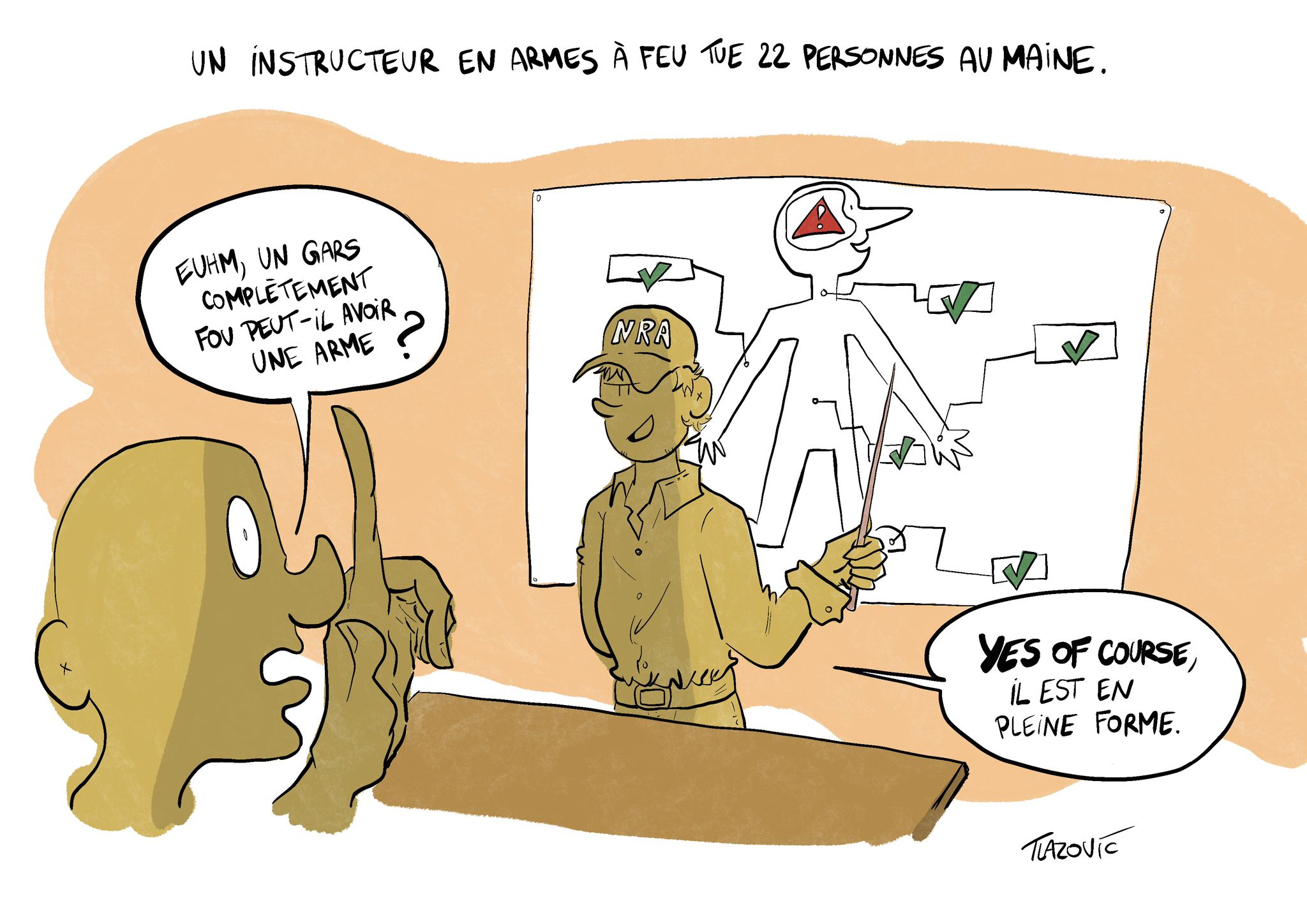What meaning does the slogan “Black Lives Matter” hold if their art, culture, fashion, films and contributions to society go unnoticed? These three famous words have been shouted worldwide for years and the cry has grown to a crescendo in recent months. Yet, numerous studies continue to ring the alarm on racial inequities. Black art remains undervalued in comparison to work produced by white artists; Black talent is underrepresented in film and production; and overall, black culture seems to be ignored and strongly devalued.

In 2021, after numerous mass protests denouncing systemic racism following the murders of Black men and women – such as Adama Traoré in France, Breonna Taylor, Elijah McClain, and George Floyd in the United States or even Hervé Mandundu in Switzerland – we remain at the point where entire communities and races need to beg for the most basic human right: the one to live. But is it really enough to ask for Black lives to simply matter when those of white people not only matter but are thoroughly valued in every regard? Shouldn’t they ask for the same?
Demanding to honour Black culture (both socially and financially) may seem indecent in view of the fact that Black [1] people are being killed for being just that: Black. One might argue that being alive is more important than having one’s culture loved. However, to allow someone to live does not imply that he or she will be respected or valued. In this perspective, we could then argue that the fight that ought to be fought is for Black people’s culture to be seen. Indeed, by putting value on black art, we de facto also put forward Black men and women, for culture does not exist without people, and the work without its artist. For this reason, if culture can’t exist without its people, then it is culture we must defend; for through such a fight, both culture and people may simultaneously be recognized. By shifting the narrative, we shift the power too. Let us not just demand life for the oppressed. Let us require that their food, art, culture and history be loved, valued, represented, heard and seen. For only then will it be understood that these people’s lives are already reclaimed. For only then will it be clear that their lives are an undeniable right that no one may ever take away from them.

However, to enact such an ideal, we need to shift our mindset from a perception of morality, towards one of ethics. Dr. Obiora Ike – executive director of Globethics – explains that “morality is the practice of conduct found and grounded in cultures, norms and traditions over time” [2]. Morality does not have a reason or justification: it is the inherited “way of life” of a people. Ethics on the other hand, aims to answer questions such as: What ought we to do, and why? What is the common benefit of a global universal audience? How does human action affect others? It shines light on humanity’s duty and grounds its arguments on reason. Morality, meanwhile, grounds them on traditions and habits.
Through this understanding, I may then argue that racial and ethnic minorities continue to be treated as such because of the majority’s failure to bring forward an ethical approach to human rights and human decency. If those in power worked towards reshaping transmitted biases, Black Lives Matter would not need to exist as a slogan anymore, for minorities’ work and culture would be valued and respected on an equal common ground. But this is yet to be implemented, even where it makes economic sense.
Indeed, in their recent study, McKinsey & Company demonstrate how Hollywood loses $10 Billion annually through the undervaluing of Black-Led projects. Deadline even warns: if the Hollywood industry doesn’t fix its “blinds spots” and continues to lack representation, inclusion and diversity, “the industry will have more problems than it can repair” as the “cracks in the foundation […] are growing bigger and bigger each day” [3]. In their research, McKinsey & Company analysed data on thousands of films and interviewed dozens of film and TV professionals (writers, directors, producers, agents, actors and executives). The study’s results [4] were saddening: although Black-led projects were proven to outperform other properties when it came to their return on investment, they nevertheless remained “consistently underfunded and undervalued” [4]. Black talent behind the camera “has not improved over the past 15 years” [3], with up-and-coming actors of African descent proven to receive significantly fewer chances to make their mark in leading roles than their white counterparts. In addition, less than 6% of creative roles (producers, writers, directors) are currently held by Black people while the industry’s top three talent agencies are about 90% white (with their partners 97% white).

The study also brings forward the concept of the “Black tax”: the additional burden that aspiring and established Black professionals in the industry bear compared to their white counterparts: “whether it is having to fight (or pay out of pocket) for what others typically don’t have to, or needing to advocate on their own for racial equity” [4]. Black women, in particular, were found to face even more heightened challenges. Viola Davis exemplifies this statement. After being the most nominated Black actress in history with 325 nominations, becoming the first African-American actress to achieve the rare “Triple Crown” (Oscar, Emmy and Tony), and winning 140 awards – the talented actress continues to be simply called “the Black Meryl Streep”. Not only are these assertions a testament to how Black actors and artists’ individuality is disregarded, but it also showcases how they seem to only be acknowledged and accepted through the stamping of one of their white counterparts’ achievements. In 2018, as one of her interviewers asked her to share her opinion on the gender inequality of pay, she said: “We won’t talk about gender inequality of pay, because [while a white woman] is paid half of what a man is getting paid, we get probably a tenth of what a Caucasian woman gets” [5]. She went on to add: “I’m number one on the call sheet, yet I have to hustle for my worth. I have more than a 30-year professional career. A career that’s comparable to Meryl Streep, Julian Moore or Sigourney Weaver. And yet I am nowhere near them, not as far as money or job opportunities. I get on the phone, and people tell me “You’re a Black Meryl Streep. We love you, there’s no one like you”. Okay, then if there’s no one like me, you pay me what I’m worth” [5]. She finally declared in another interview two years later: “My entire life has been a protest” [6]. Issae Rae (Insecure), Michaela Coel (I May Destroy You), or even the French Aïssa Maïga (who became in 2007 the first actress of African descent to ever be nominated for a César), have all shared similar discourses: from the tenacious racism they faced in the industry, to remaining constantly underpaid and undervalued.
The need for the National Association for the Advancement of Colored People (NAACP) to enforce its own Award Ceremony to enable people of colour to finally be recognized for their work speaks volume on these artists’ condition. Just last month, the Golden Globes again faced numerous accusations of racism and corruption after the Hollywood Foreign Press Association (HFPA) gave no award or nomination to I May Destroy You despite being considered a masterpiece by critics [7] and receiving a universal acclaim with a 98% fresh rating on Rotten Tomatoes [8]. At the same time, the HFPA honoured Emily in Paris, dismaying viewers [8] who called it one of the worst shows ever [9]. Deborah Copaken, a writer on Emily in Paris even shared herself: “It never occurred to me that our show would be nominated. That excitement is now unfortunately tempered by my rage over Coel’s snub. That I May Destroy You did not get one Golden Globe nod is not only wrong, it’s what is wrong with everything. I May Destroy You was not only my favorite show of 2020. It’s my favorite show ever. But my fury is not just about race. Or even about racial representation in art. We need to give awards to shows (and music and films and plays and musicals) that deserve them […]. How anyone can watch I May Destroy You and not call it a brilliant work of art or Michaela Coel a genius is beyond my capacity to understand how these decisions are made” [10]. It was later found that the team of Emily in Paris had offered a luxurious trip to the French capital to thirty members of the voting body a year prior. Soon afterwards, the HFPA’s ex-president was also forced to admit the organization had not had a single Black member amongst its 87 journalists in decades.
When it comes to African-American painters, photographers and sculptors, the facts get worst. As of 2018, the total combined value of artwork by African Americans accounted for only 0.26% of the global auction market [11]. At the time, a joint investigation by Artnet News and In Other Words discovered that between 2008 and 2018, a mere 1.2% of the global auction had been spent on work by Black artists.
In the music industry, gatekeepers have historically perpetuated the same phenomenon. We recall for instance, David Bowie’s 1983 interview for MTV in which the singer pointed out how very few Black artists were featured on the channel, and when they did appear, it tended to be during off-peak hours (“from 2:30 am to 6:00 am” [12]). The company suggested at the time that this was a way of catering to the desire of the audience who would “be scared to death by Prince […] or a string of other Black faces”, adding “we have to play the type of music the entire country would like.” Bowie called out this behaviour as “rampant in American media”. Thirty-eight years later, Angela Davis brought forward a similar issue during her 2021 interview for The Geneva International Film Festival and Forum on Human Rights (FIFDH), deploring the “great deal of racism” present in jazz. She pointed out how structural racism reinforces the establishment of white gatekeepers, even within black culture. Jazz, she says was “created by Black people in relation to struggles for freedom, [yet] in the US, when you attend a jazz concert, the audience is predominantly white. » [13]. She finally rightfully asked: “Why is it that the people who gave rise to these movements are not present in the institutions that are charged with keeping the legacy of that music alive ?” [13]
Based on our ethical approach, questioning structural powers and institutions remains an urgent human duty, not only for Black lives, but also for Asians, Latin Americans, Native Americans, and many other ethnic and racial minorities, that continue to forcefully abide to a cultural, social, economic and human disregard.
An ode to culture won’t be enough to bring structural change, but we can hope that it will inspire us to strive towards a more ethical and global community, if such is our end goal.

About the photographer
25-year-old Tyler Mitchell became one of the world’s most demanded photographer after he made history in 2018 as the first Black photographer to ever shoot a cover of American Vogue [14]. In his book and exhibition “I Can Make You Feel Good”, he captured what he conceived as a “Black utopia”: “I feel an urgency to visualize Black people as free, expressive, effortless, and sensitive.” [15]





Laisser un commentaire
Vous devez vous connecter pour publier un commentaire.